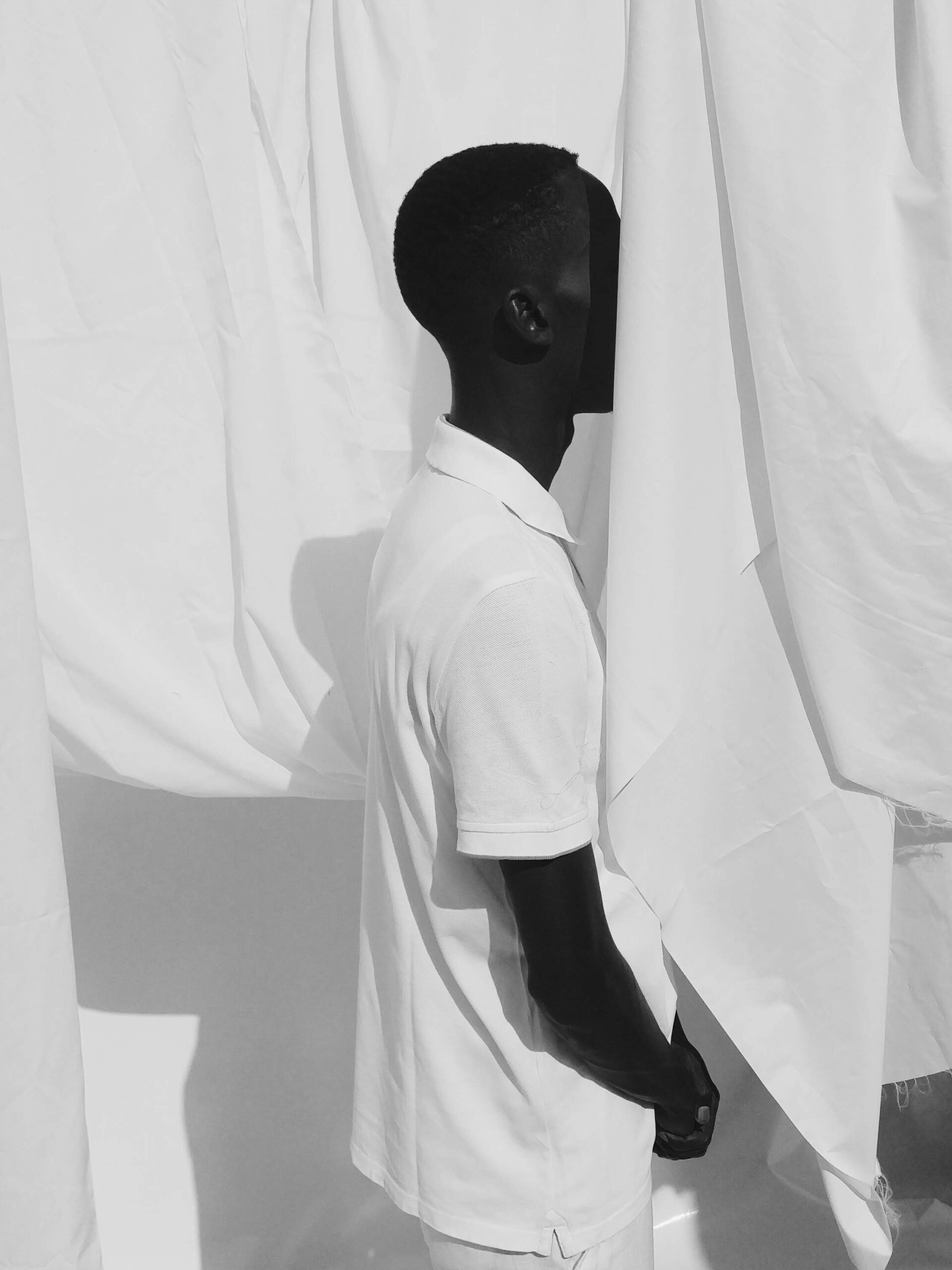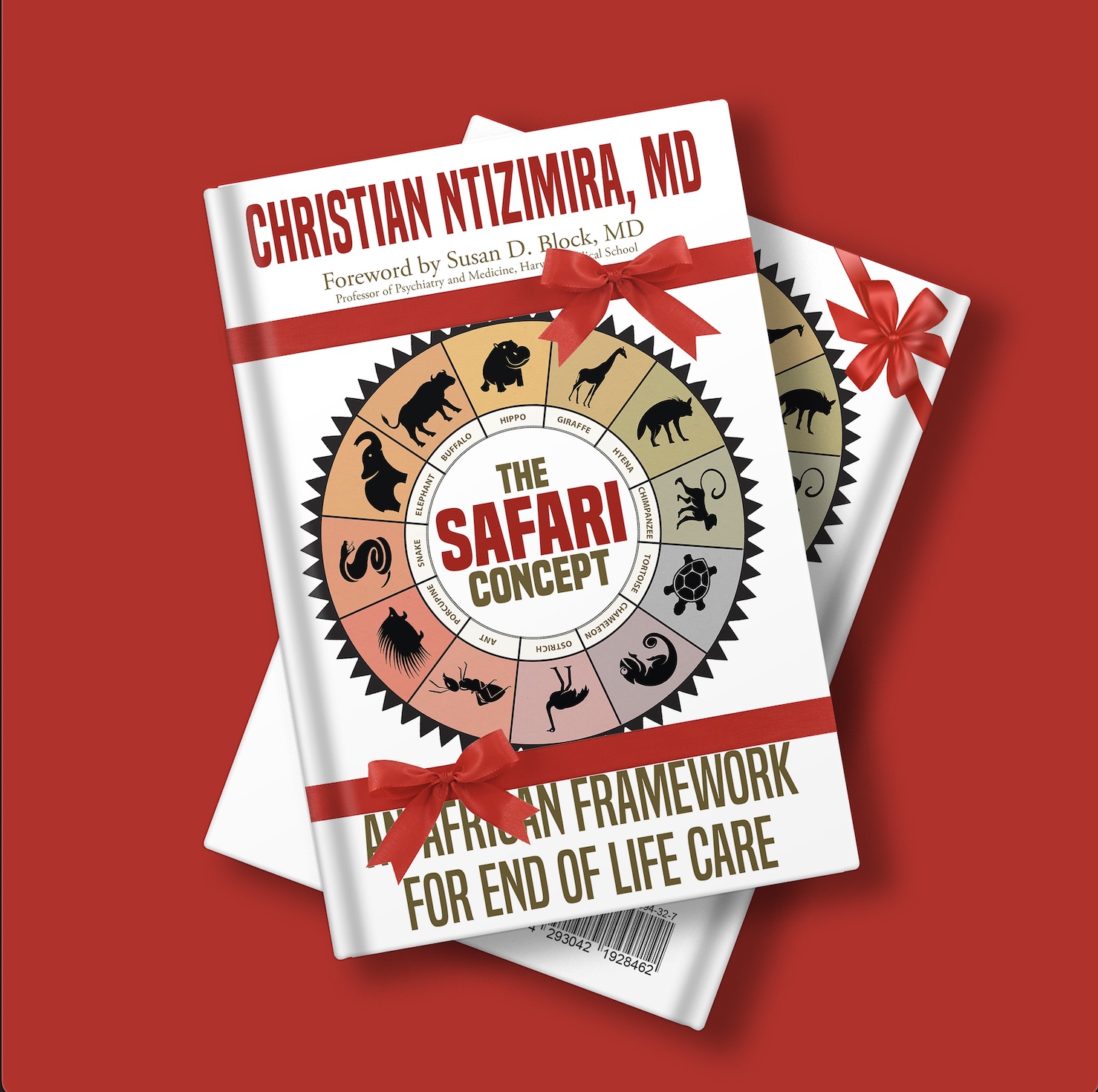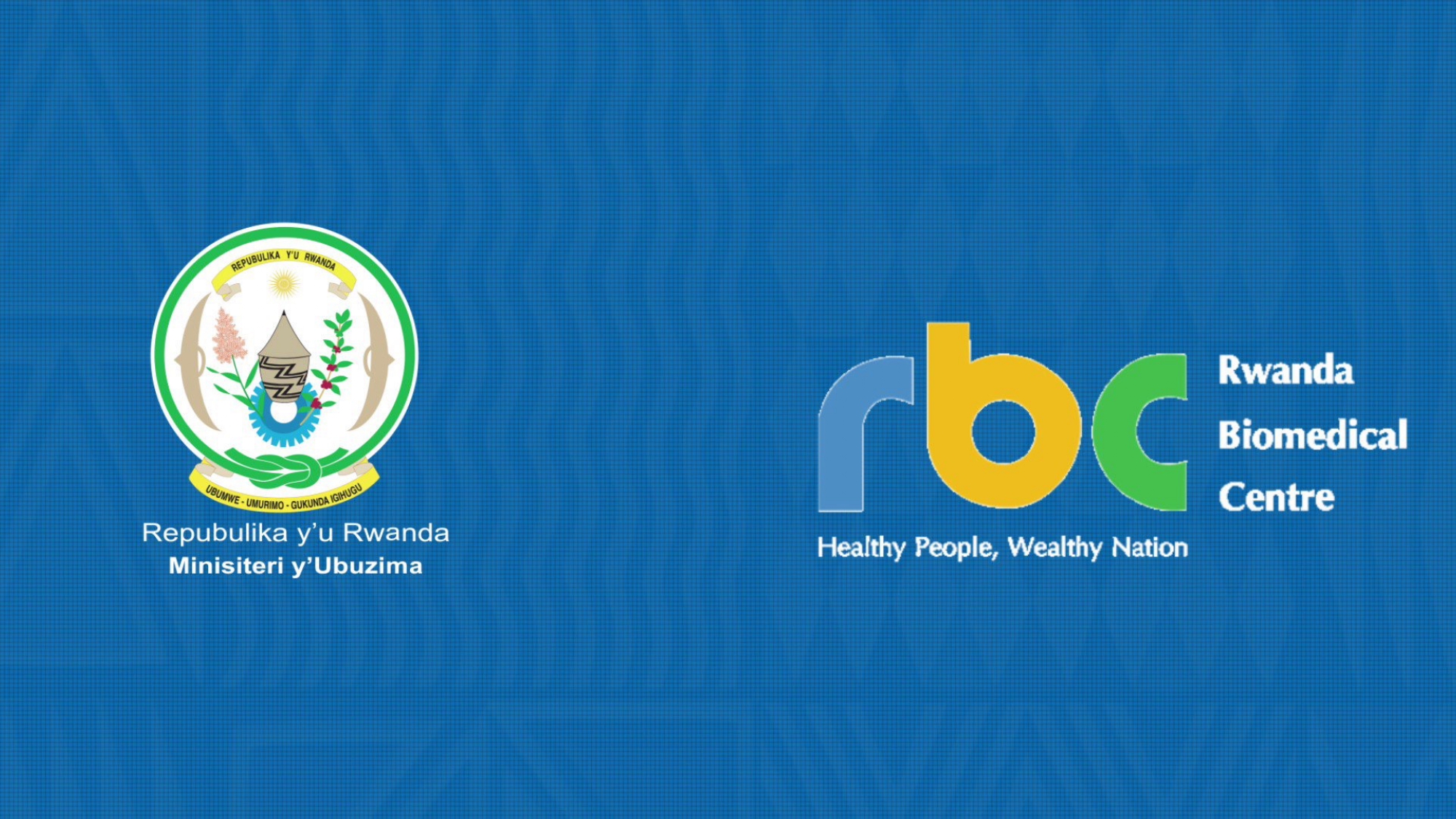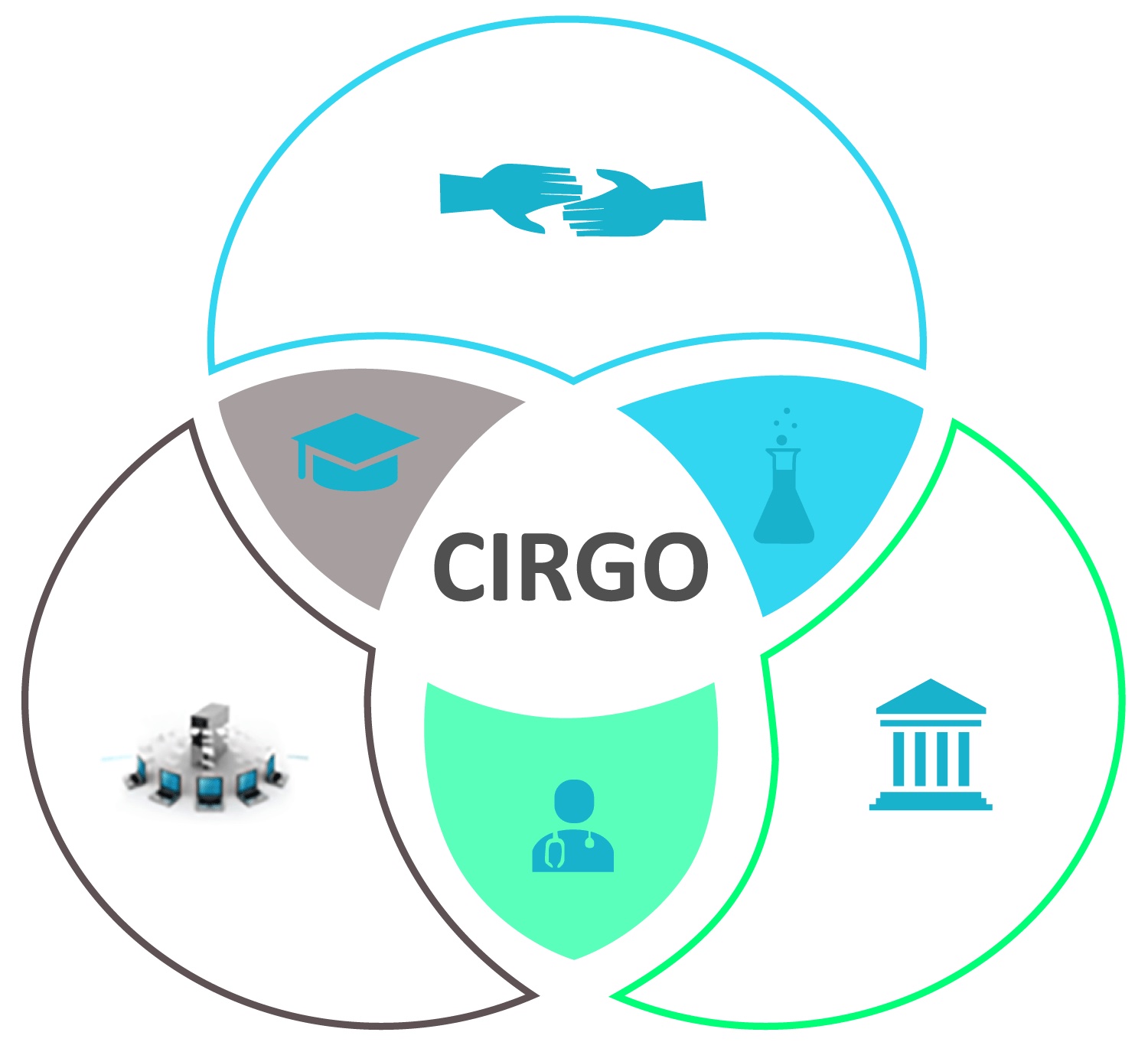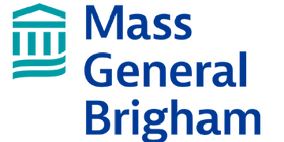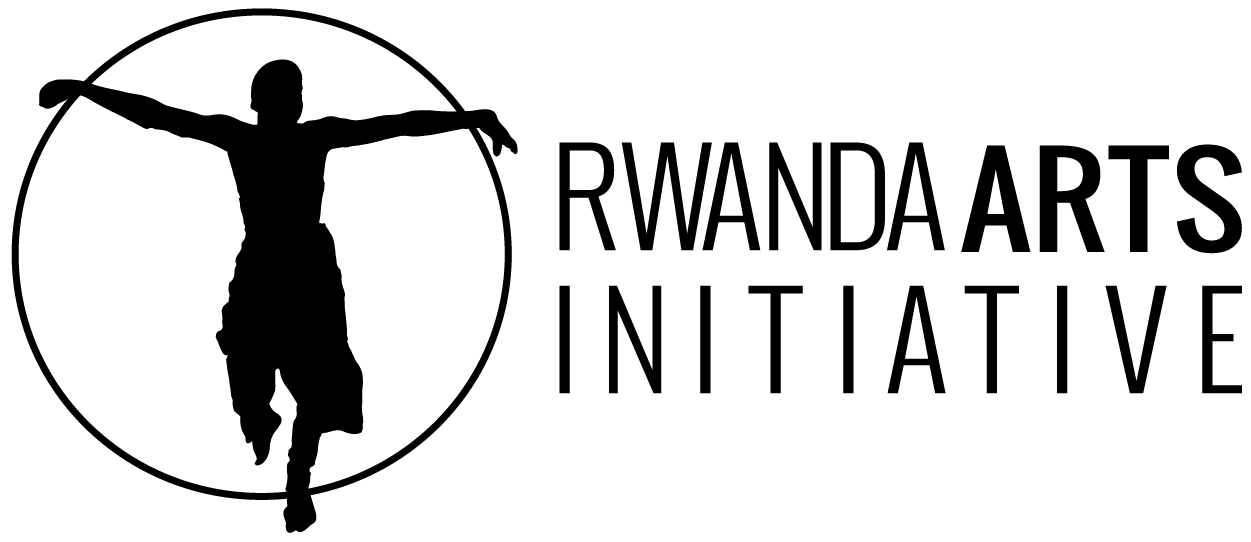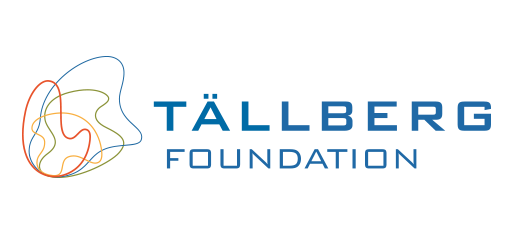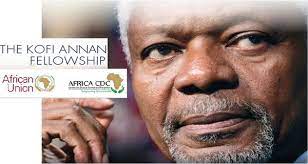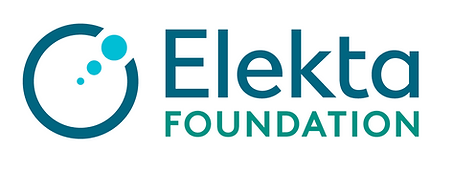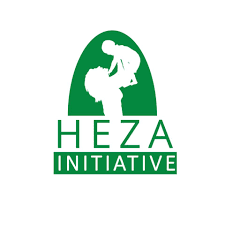African Center for Research on End of Life Care

![]() Welcome to African Center for Research on End of Life Care
Welcome to African Center for Research on End of Life Care
Our belief lies in the potential to enhance the quality of life and
infuse human compassion into the realm of science
Palliative care
an approach that aims to improve the quality of life of patients facing life-threatening illnesses.
Read MoreACREOL Global
ACREOL Global: Empowering impactful research, studies, and trials on health, society, and innovation.
Read MoreMembership
Join ACREOL's membership to make a meaningful impact on improving African health and end-of-life care.
Read More![]() Education & Awareness
Education & Awareness
Palliative care improves patients' and families' quality of life during life-threatening illnesses.
ACREOL offers comprehensive training programs that goes beyond developing individual skills; they foster a culture of learning and understanding. Through interactive sessions, workshops, and seminars, we provide participants with insights into the complexities of African healthcare systems and end-of-life care practices.
Join ACREOL Training Program in our mission to create a future where education and awareness drive transformative healthcare practices in Africa. Together, let’s empower individuals, foster understanding, and make a lasting impact on healthcare outcomes across the continent.

We’re here to support you every step of the way.
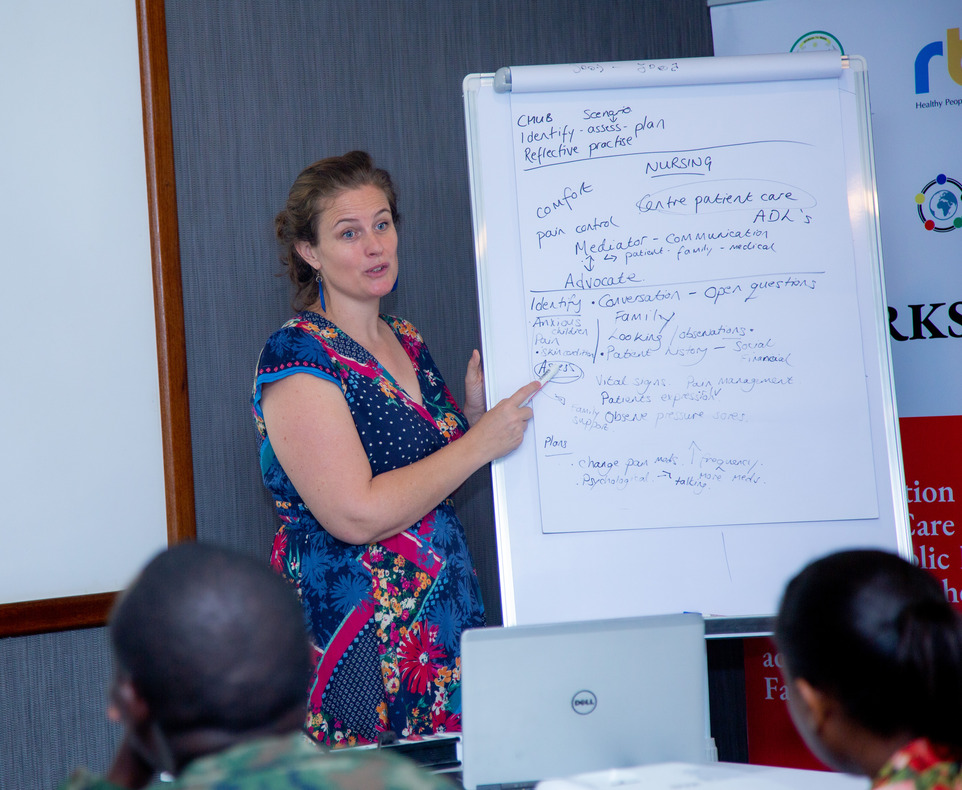
Our fingerprints on the lives we touch never fade.
![]() Blog Posts
Blog Posts



